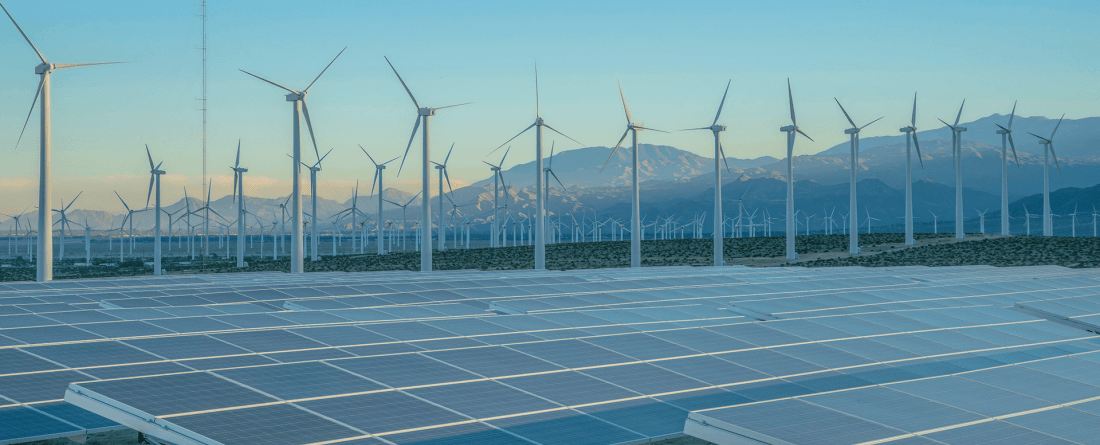
Zhao, A., K. Ordonez Olazabal, C. Squire, A. Bryant, K. O’Keefe, S. Vo, L. Hinkle, M. Faggert, D. Modi, J. Lou, R. Cui, and N. Hultman (2025). “Pathways to 2035: Expanding Non-Federal Climate Leadership in the United States.” Center for Global Sustainability, University of Maryland. 39 pp.
- In 2025, national and global developments have negatively impacted U.S. climate and clean energy transitions through redirections of federal funding, policies, and regulations, economic uncertainties, and related challenges to subnational action and implementation. These forces create obstacles to the highest ambition pathways envisioned previously to achieve the U.S. 2035 goals.
- Nevertheless, opportunities remain to support continued U.S. action that would enable substantial continued reductions in economy-wide greenhouse gas emissions while enhancing prosperity, energy security, and public health. Under the U.S. federalist system, states, cities, and other subnational governments retain significant policy authorities; industry and business actors continue to invest in clean technologies; and faster-than-expected cost reductions in clean technologies enhance the influence of market-driven forces.
- Considering these new factors, our assessment of feasibly expanded subnational climate action combined with renewed federal engagement after 2028 indicates that the United States can still achieve up to a 56% reduction in GHG emissions below 2005 levels by 2035. In such scenarios, accelerated climate action from non-climate-leading states will be critical.
- Without federal re-engagement and accelerated actions from non-leading states, enhanced climate action from more ambitious regions could still reduce overall U.S. GHG emissions by 44% by 2035. Without any enhanced actions, current policies under federal and non-federal actors would result in a 35% economy-wide reduction in GHGs.
- Current positive market dynamics create a number of feasible options for enhancing actions while lowering energy costs in lagging states—for example, through regional spillover, bottom-up actions from leading local governments, and cost-effective electricity grid planning. Reductions in electricity, transport, and methane emissions offer the greatest opportunity for additional actions over the next decade.
- Overall, subnational governments, notably states and cities, can drive decarbonization utilizing accelerated renewable energy targets, methane intensity standards, EV policies, vehicle miles traveled reduction policies, building appliance electrification targets, and more.
- Electricity demand growth in particular has recently become much more uncertain due to rapid changes in the dynamics of data centers, efficiency, electric vehicles, heat pumps, and more. With expanded climate policies from non-federal actors and renewed federal re-engagement, total electricity demand could increase by 34% in 2035, relative to 2021 levels; data centers play a large role, making up 30% of this growth, with the rest coming from EVs, heat pumps, and other end-use electrification.
- Overall, electrification of end-use sectors is necessary for longer-term U.S. decarbonization, so ensuring this demand is served with clean electricity sources will be critical. Solar, wind, and storage capacity additions to the grid reach up to 117 GW/year on average by 2035.
A new report from America Is All In and the Center for Global Sustainability at the University of Maryland, finds that expanded subnational climate action combined with renewed federal engagement after 2028 can achieve up to a 56% reduction in GHG emissions below 2005 levels by 2035 in the United States.
